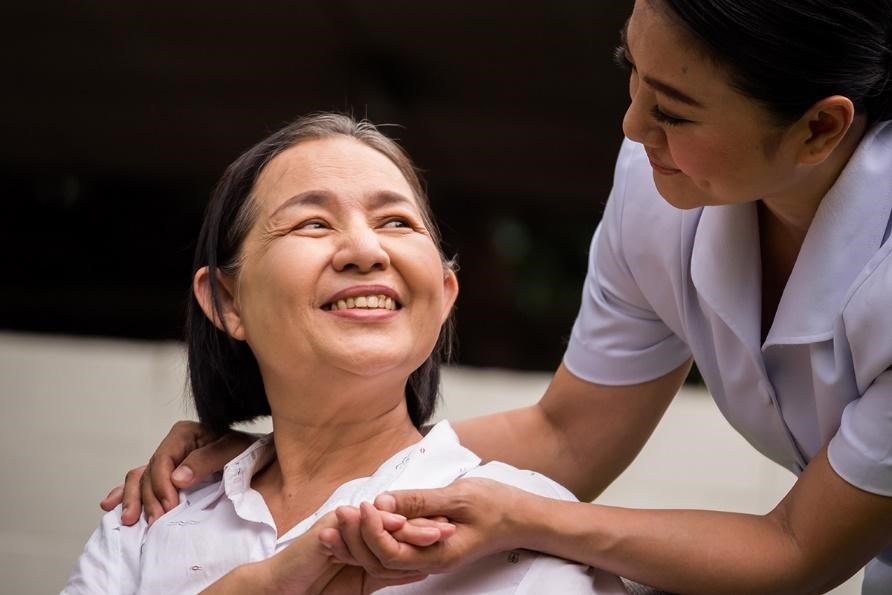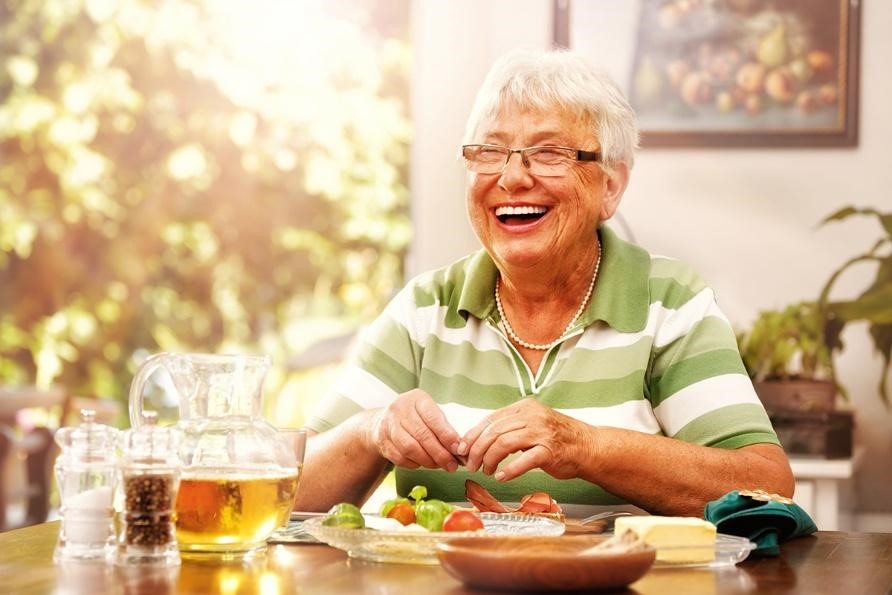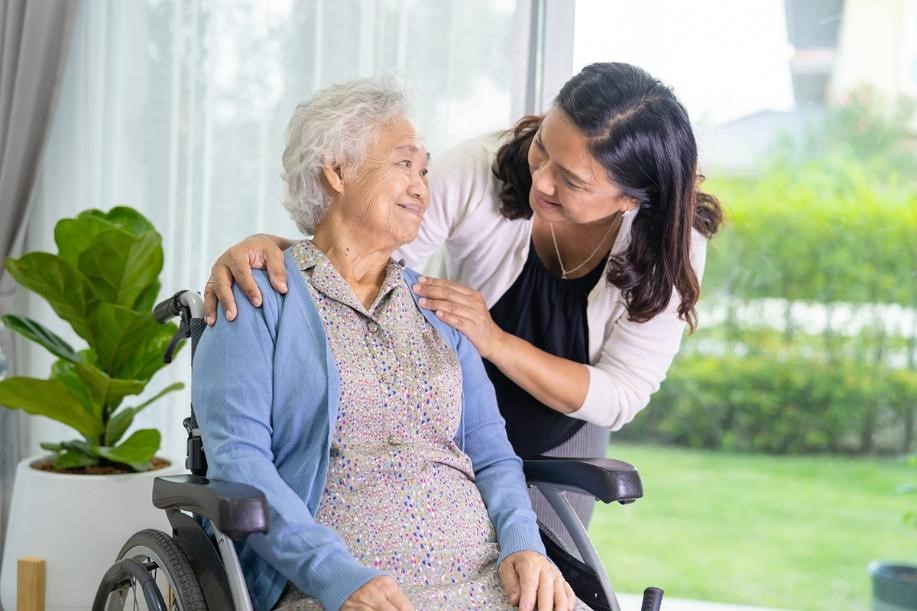
It’s difficult to watch these changes taking place, but it doesn’t mean your loved one has to lose their independence. Often, home care can provide the help your family member needs to continue enjoying an independent lifestyle at home.
How Home Care Helps Seniors Maintain Independence
Home care makes it possible for seniors to keep living at home by helping them with non-medical activities of daily living. For example, a caregiver might help your mom with meal preparation, medication reminders, and light housekeeping. If she struggles with mobility, a caregiver can assist with walking through the house, help her get up and down from a chair, and make sure she doesn’t fall as she moves through her day.
Here are a few of the benefits home care can provide for your elderly loved one:
- Independence – Most older people want to remain independent for as long as possible. The thought of moving into a facility where they have no control over their environment or their day can be frightening. Home care helps them maintain that independence while also ensuring safety and health.
- Fall Prevention – More than three million elderly people receive treatment for injuries sustained in a fall each year. A caregiver can greatly reduce your loved one’s risk of falling by providing mobility assistance and keeping an eye out for unsafe areas in the home.
- Health and Safety – COVID-19 has created new risks for seniors in nursing homes and assisted living facilities, but home care can provide a safer option in many cases. In addition, caregivers can help your loved one with medication reminders, nutritious meals, and safe living conditions.
- Companionship – While remaining at home during a pandemic may be safer for seniors, it can also be lonely. Even before COVID-19, many seniors struggled with loneliness and isolation, especially if their families lived far away. Home caregivers provide the companionship many seniors need to maintain a healthy mental state and enjoy life.
- Assistance with Daily Needs – Often, one of the first signs your loved one needs help is that they can no longer take care of things like personal hygiene, housekeeping responsibilities, and meal preparation. Caregivers can help with all of these things so that your loved one can continue to enjoy a safe, healthy lifestyle. A home caregiver can help your loved one with personal care, mobility assistance, hygiene, incontinence care, transportation to doctor appointments, Alzheimer’s care, and more.
How Do You Know When It’s Time to Consider Home Care?

Another sign that you may want to consider home care is when your family is no longer able to provide the care your loved one needs. Perhaps the primary caregiver is experiencing burnout, or perhaps he or she is only able to come on the weekends and your loved one needs help every day.
What Steps Should You Take Next?
Talk to other family members such as your loved one’s spouse, siblings, and children. Mention the things you have observed and ask whether others have noticed similar concerns. Be sure you plan this meeting ahead of time so no one is surprised that you are bringing up the subject of home care. Listen to everyone’s suggestions and talk through the pros and cons of each idea.
If some family members are already providing care, talk about how home care can supplement what they are doing. You may even want to consider trying a respite care arrangement at first. Because bringing in a caregiver may seem like a big decision, it’s important that every family member has the opportunity to share ideas and opinions. Talk through the kinds of things your loved one needs and make a list of questions to ask as you explore care options.
If home care seems like a viable solution, the next step is to consider the specifics of individual agencies and home care arrangements. At Cherished Companions, we offer a free home care assessment to help you determine whether home care is the right fit for your family. We have also taken careful steps to ensure that your senior family member receives the best possible care while also prioritizing safety for both clients and caregivers in light of COVID-19.
For further questions, to request resources, or to inquire about getting or becoming a caregiver, contact Cherished Companions today on our website or call (440) 484-5390!






